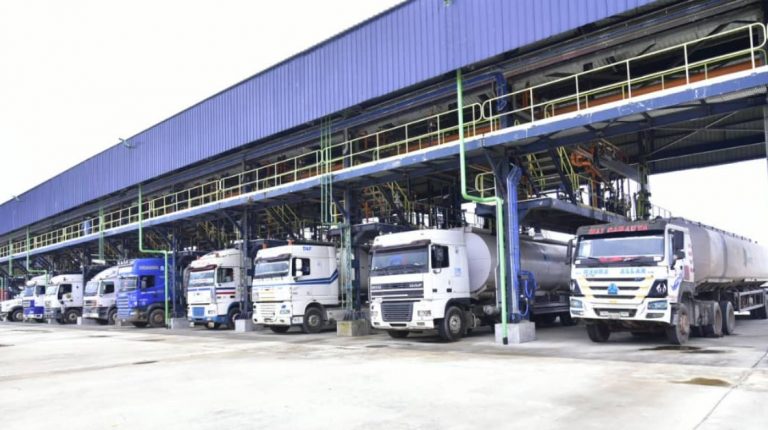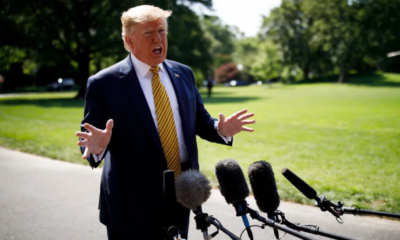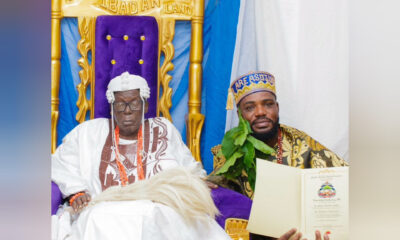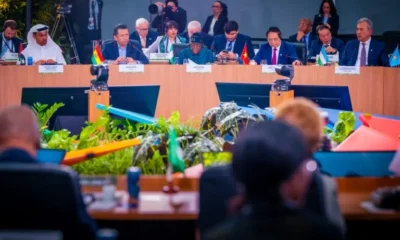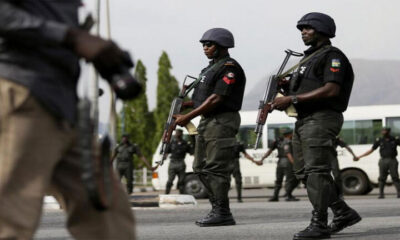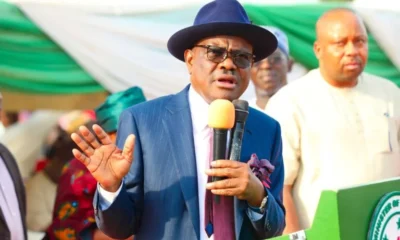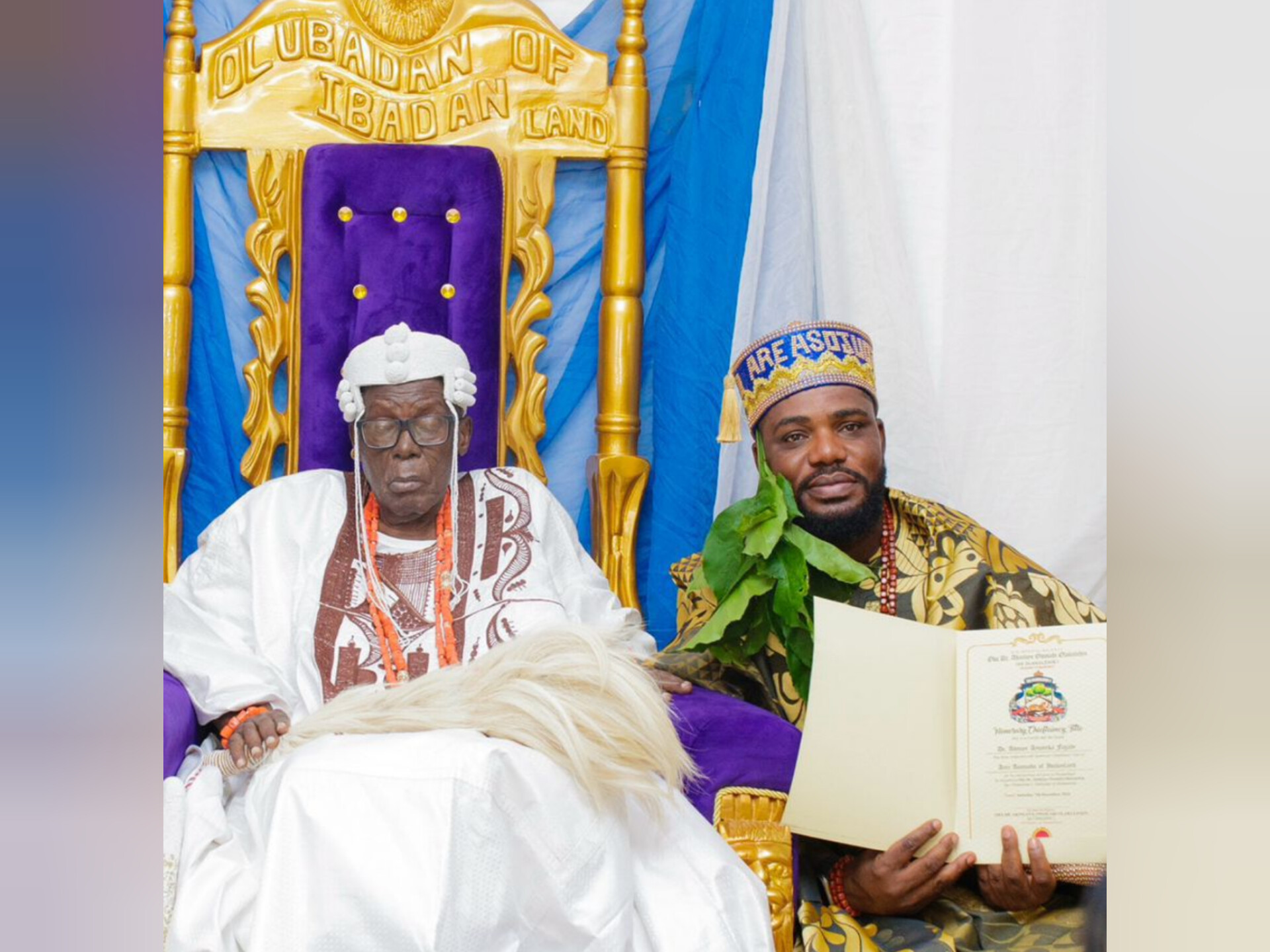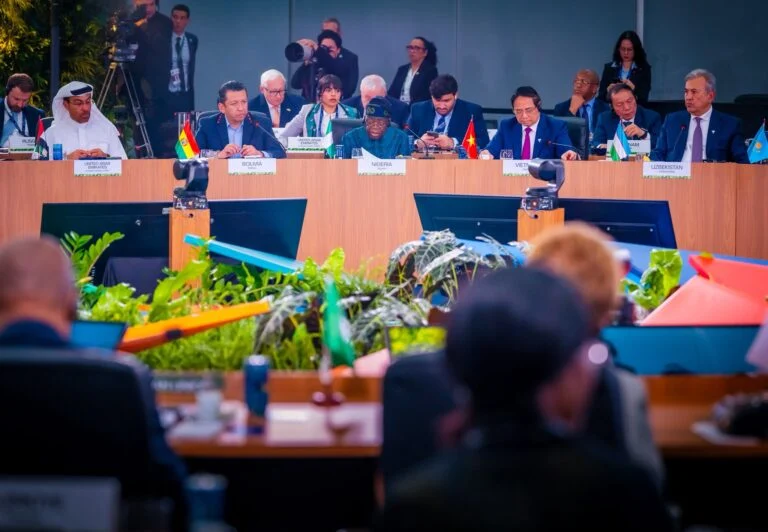The Technical Sub-Committee on Domestic Sales of Crude Oil in Local Currency confirmed on Sunday that the supply of crude in naira by the Nigerian National Petroleum Company Limited to the Dangote Petroleum Refinery will begin on Tuesday, October 1, 2024.
On September 13, 2024, the committee announced that the Federal Executive Council, under the leadership of President Bola Tinubu, approved the sale of crude to local refineries in naira and the corresponding purchase of petroleum products in naira.
“From October 1, NNPC will commence the supply of about 385kbpd (385,000 barrels per day) of crude oil to the Dangote refinery to be paid for in naira,” the committee declared.
The Chairman of the Technical Sub-Committee is Zacch Adedeji, who also serves as Chairman of the Federal Inland Revenue Service.
When contacted on Sunday and asked if the plan for the crude oil supply to the $20bn Lekki-based plant is still intact, the Special Adviser on Media to the FIRS Chairman, Mr. Dare Adekanmbi, confirmed it is.
He stated, “I can confirm to you that the Chairman, Sub-Technical Committee, Zacch Adedeji, is working day and night to ensure that things go according to plans. He knows how important it is to have the agreement implemented as has been planned for the benefit of Nigerians.”
This indicates that NNPC will supply approximately 11.5 million barrels of crude oil to the Dangote refinery monthly, and under the deal, the plant will release equivalent volumes of refined diesel and petrol to the domestic market, also in naira.
The panel explained in September that this initiative would help reduce pressure on the naira, eliminate unnecessary transaction costs, and improve the availability of petroleum products across the country.
“Since then, the implementation committee chaired by the Minister of Finance and we, the technical committee, have worked intensely with NNPC and Dangote refinery to fashion out the details of the modalities for the implementation of the FEC approval,” Adedeji stated.
While stating that crude would be sold to Dangote in naira from October 1, the committee chairman and FIRS boss said, “In return, the Dangote refinery will supply PMS (petrol) and diesel of equivalent value to the domestic market to be paid in naira.
“Diesel will be sold in naira by the Dangote refinery to any interested off-taker. PMS will only be sold to NNPC. NNPC will then sell to various marketers for now. All associated regulatory costs (NPA, NIMASA, etc.) will also be paid in naira. We are also setting up a one-stop shop that will coordinate service provision from all regulatory agencies, security agencies, and other stakeholders to ensure a smooth implementation of this initiative.”
Adedeji explained that the technical committee that developed the initiative will transition to an implementation execution and monitoring committee working out of Lagos for the next three to six months.
The committee, which includes the Permanent Secretary of the Federal Ministry of Finance, Mrs. Lydia Jafiya; the FIRS boss, as well as representatives from NNPC, Central Bank of Nigeria, AfreximBank, and the Nigerian Upstream Petroleum Regulatory Commission, was established to craft a robust template ensuring the successful implementation of the initiative.
Meanwhile, modular refineries have called on the government to create modalities for the supply of crude to their plants as well.
About 24 hours before the commencement deal, the modular refiners informed one of our correspondents that they were not involved in the negotiations.
The Publicity Secretary of the Crude Oil Refinery-owners Association of Nigeria, Eche Idoko, said, “The committee is only discussing with Dangote at the moment.”
According to Idoko, the committee, during its inaugural meeting, stated that it would initiate the naira sale of crude with refineries producing petrol, noting that currently only the Dangote refinery is producing the commodity.
He mentioned that the association advocated for the committee to extend the sale to other refineries to avoid discrimination, “but they haven’t given us any feedback.”
Idoko stated, “Perhaps, during the October date, they will disclose more in terms of the modus they want to adopt. But at the moment, we have not received any clear communications as to how the naira sale will be administered other than the fact that they said they will start with PMS-producing refineries.”
The CORAN spokesman revealed that many modular refineries are facing significant crude challenges, hindering their fuel production.
He noted that some refineries with a capacity of 10,000 currently produce slightly above 3,000 barrels per day due to the unavailability of crude oil.
“A 6,000-capacity refinery now produces 1,000 barrels, but productions are inconsistent due to erratic crude supply,” he stated.
He added, “Our modular refineries are facing a serious crude crisis. Nothing has changed for modular refineries. There are talks with the government, but there hasn’t been any definite arrangement for supplies.”
Nigerians are hopeful that the naira crude sale scheduled to start on October 1 will lower the price of petrol.
Since it began selling petroleum on September 15, the Dangote refinery has not disclosed the price of the product.
The company denied selling at N898 per litre to the NNPC, asserting that the claim by the NNPC was misleading and mischievous, deliberately aimed at undermining the milestone achievement recorded.
The Dangote refinery urged Nigerians to await a formal announcement from the presidential committee.
“We urge Nigerians to disregard this malicious statement and await a formal announcement on the pricing by the Technical Sub-Committee on Naira-based crude sales to local refineries, appointed by President Bola Tinubu, which will commence on October 1, 2024, bearing in mind that our current stock of crude was procured in dollars,” the Dangote Group stated.
However, the Federal Government has said it would not interfere in the price controversy between the NNPC and Dangote, asserting that the petroleum sector had been deregulated.

 BIG STORY5 days ago
BIG STORY5 days ago
 BIG STORY4 days ago
BIG STORY4 days ago
 BIG STORY4 days ago
BIG STORY4 days ago
 BIG STORY5 days ago
BIG STORY5 days ago
 BIG STORY3 days ago
BIG STORY3 days ago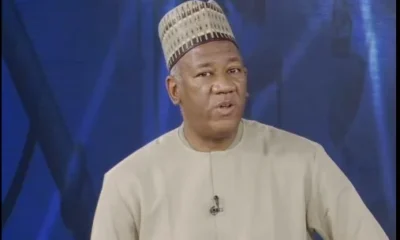
 BIG STORY3 days ago
BIG STORY3 days ago
 BIG STORY3 days ago
BIG STORY3 days ago
 BIG STORY4 days ago
BIG STORY4 days ago




